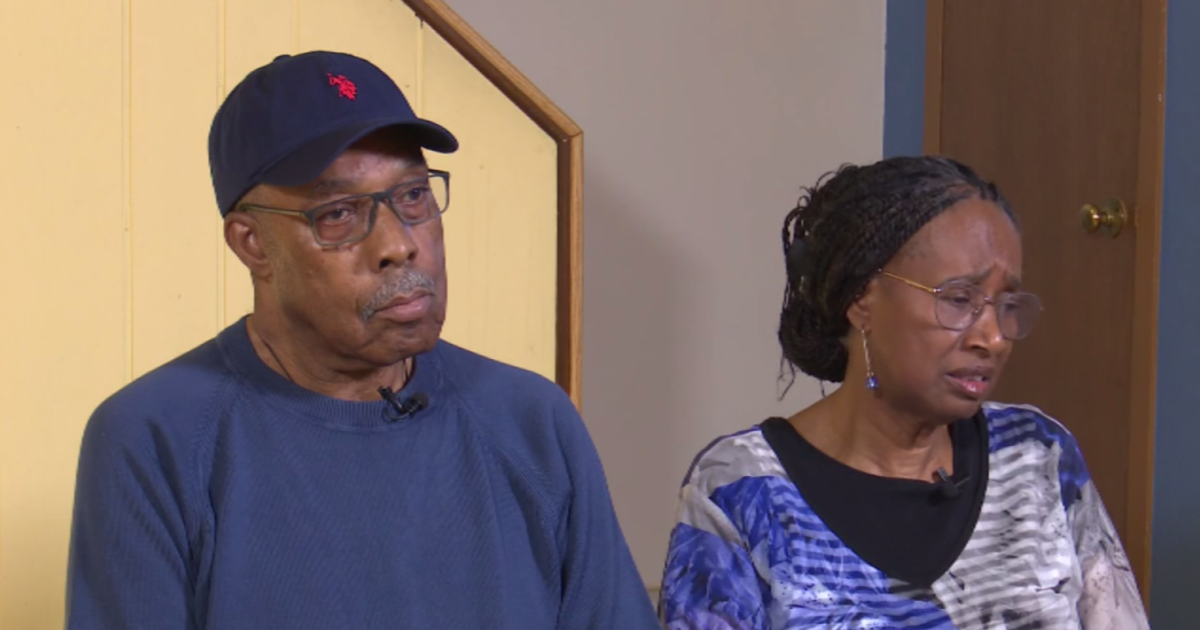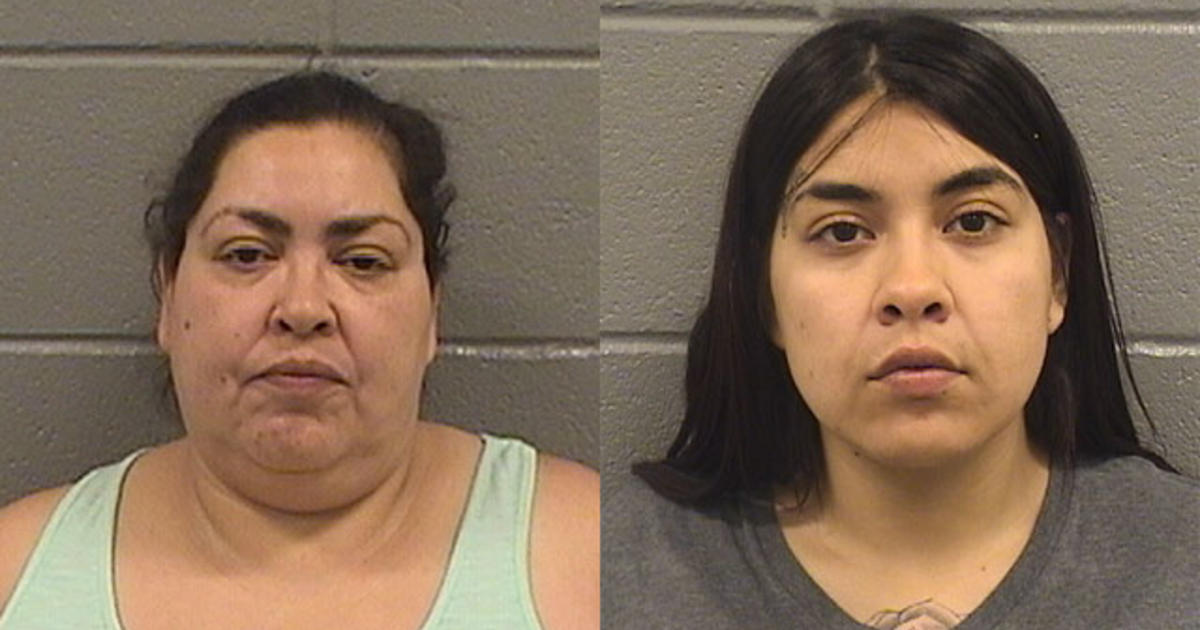Young Women Not Immune From Heart Disease, No. 1 Killer Of Females In U.S.
(CBS) -- Should women in their 20s and 30s be concerned about heart disease? The answer is yes.
Heart disease is the number one killer of American women and it can start developing in the teen years. But for many women, it's the last thing on their minds.
Vanessa Rodriguez was 14 weeks pregnant and just 29 years old when she suffered a heart attack.
"I was in utter shock. Heart disease is common in men. Not a woman in her 20s," she says.
Carla Wills had her first heart attack at 26.
At 38, she had another heart attack, but no one believed her.
"Before I was diagnosed, I went to four medical professionals," she says.
That's not surprising to Rush University Medical Center cardiologist Annabelle Volgman.
"Unfortunately, there are doctors that will not take a young woman seriously because they are thought of as low-risk," she says.
Women, too, should be aware of the risks, says Northwestern's Dr. Marla Mendelson.
"It's important for women to understand from an early age that they could be at risk," she says.
While deaths from heart attacks are going down in some age groups, they're continuing to go up in women aged 35 to 54.
Kary McIlwain had a heart attack at age 53 and, like many women, she did not recognize the symptoms.
"I felt like I had terrible indigestion, like heartburn," she recalls.
She was also exhausted, sweating and short of breath.
Volgman explains: "Women will sometimes have strange sensations like can't sleep, or jaw pain, teeth pain, neck pain and if they have any kind of sensation in the chest."
Know your risk factors. In Kary's case, she found out she has elevated lipoprotein "A," which is a little known, but big, risk factor.
Other risk factors include high blood pressure, high cholesterol, diabetes, obesity, smoking and family history.
Heart disease runs in Jessica Disborough's family. When she was in her late 20s, she realized she had high blood pressure -- something no doctor had mentioned to her.
"I knew I had to seek out a doctor that specialized in heart disease," she says.
Vanessa Rodriguez's heart attack was caused by a tear in a coronary artery, which can happen in pregnancy. She's on medication and working to improve her diet and exercise.
"My weight plays a significant factor, so that's one thing that I need to work on," she says.
Carla Wills is on a lot of medication, but she feels well and has made many lifestyle changes.
"Make sure you get regular treatment. I have been so made aware that heart disease is the number one killer of women," she says.
Most heart attacks in women occur after the age of 55, but as many as 35,000 attacks occur under that age. African-American women are at particular risk because of high blood pressure, Hispanic women because of diabetes.
Heart disease can be effectively treated with procedures, medications, diet and exercise.
Follow the links below for helpful information:
https://www.cdc.gov/dhdsp/data_statistics/fact_sheets/fs_women_heart.htm
https://www.heart.org/idc/groups/heart-public/@wcm/@sop/@smd/documents/downloadable/ucm_319576.pdf
https://www.nhlbi.nih.gov/health/health-topics/topics/hdw
http://www.mayoclinic.org/diseases-conditions/heart-disease/in-depth/heart-disease/art-20046167



